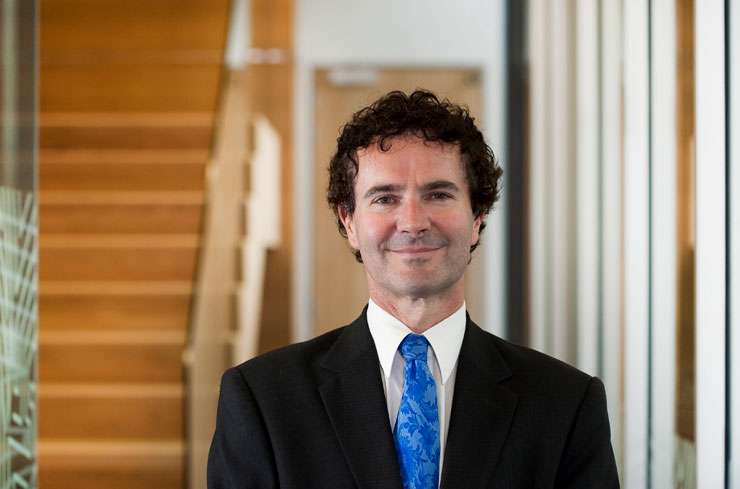I run four monthly surveys amongst my 21,000 subscribers to Tony’s View and also take part in writing up the results of the new quarterly Valuer Survey from OneRoof’s data partner Valocity. Each quarter valuers all around the country will be asked for their insights into the residential property market, and over time changes in what they see from their unique perspective will help flesh out our understanding of what is happening with housing.
READ MORE: Find out if your suburb is rising or falling
The first survey obviously doesn’t allow us to see changes as such, but that capacity will grow through time. The first survey, run a couple of weeks ago, tells us that of the 124 respondents a net 51% expect that property prices will rise over the next three months.
That result is actually higher than the net 32% of agents seeing prices rising currently in the survey I run with REINZ. But when asked about the next 12 months only a net 33% see prices as going up. This tells us two important things.
Start your property search
First, valuers do not buy into the view of Treasury that house prices will essentially flatten in the coming year. But second, they do feel some current pricing pressures will ease as time goes by. In that respect their view mirrors that of analysts such as myself with regard to the pace of house price gains slowing down.
This week we found out that prices in May were on average 30% up from a year earlier. That is an absurd rate of increase, but a magnitude of gain which can be explained when we run through the list of factors which have caused so many people to try and buy property over the past year.

Tony Alexander: “Four decades of experience tells us what low interest rates do to our house prices – they cause them to go up.” Photo / Supplied
For one thing, both mortgage rates and bank deposit rates have fallen to record lows and four decades of experience in a deregulated economy tells us what low interest rates do to our house prices – they cause them to go up.
Second, lots of Kiwis have been buying before an expected horde of one million Kiwi expats return. Some have, a few more will, but frankly, given the boom in Australia’s labour market we’re likely to see a net loss of Kiwis across the Tasman very soon and that will remove a factor which has caused house prices to spike.
Third, the loan to value ratio restrictions were removed post-Covid, but now they are back. So that stimulus is absent. In fact, with the minimum deposit for investors lifted to 40% from 30% there is more restraint than before the lockdown last year.
Fourth, listing numbers have fallen away and that has produced a spiral-like scramble by people to buy anything amidst fear they might not be able to buy at all if they wait. In that regard, the panic to buy property is akin to that for buying toilet paper when lockdown comes along.
Fifth, being unable to travel, many people have switched their plans to buy a house now and travel later. Plus, the near $10bn we Kiwis normally spend offshore has been reallocated to things like home renovations and investment properties. This factor will disappear when the borders reopen.
Many of these, plus about six other factors which have caused our house prices to soar, are disappearing or have already gone and that is why even without mentioning the change in housing tax policy, the coming year was always set to produce less price growth than the past year’s ridiculous 30%.
For your guide, in the Valocity Valuers Survey a gross 47% of respondents said that they see the key factor driving house prices higher as being low interest rates. This is another piece of data telling us how important the Reserve Bank’s slashing of borrowing costs since 2015 has been. But it also tells us what we should expect to see once the likes of the one-year fixed mortgage rate in mid-2022 starts doing what the long-term rates have already done and go upward. House price inflation will slow yet again over 2022-23.
Further slowing will follow as people next year pull back from believing that property shortages exist everywhere in New Zealand. A gross 37% of valuers in the Valocity Survey said that perceptions of a shortage have been a key price driver to date.
Treasury look like they are a year early with their forecast of house prices rising just 0.9%.
- Tony Alexander is an economics commentator and former chief economist for BNZ. Additional commentary from him can be found at www.tonyalexander.nz













